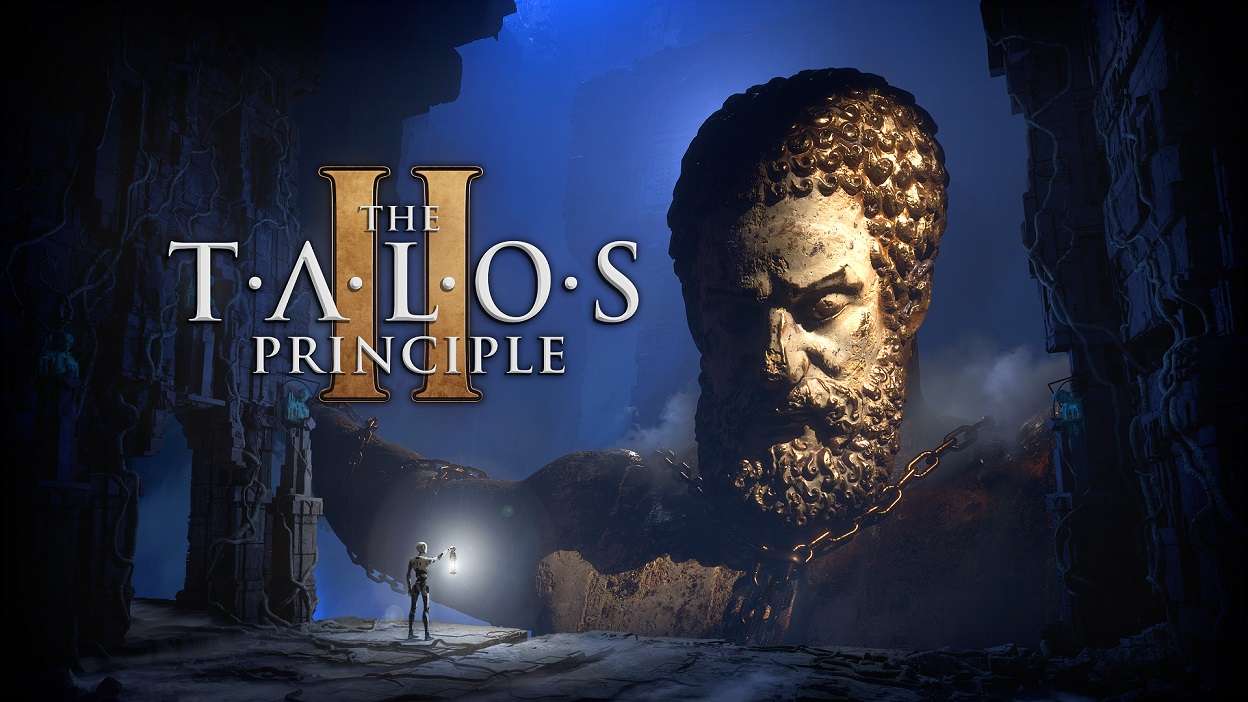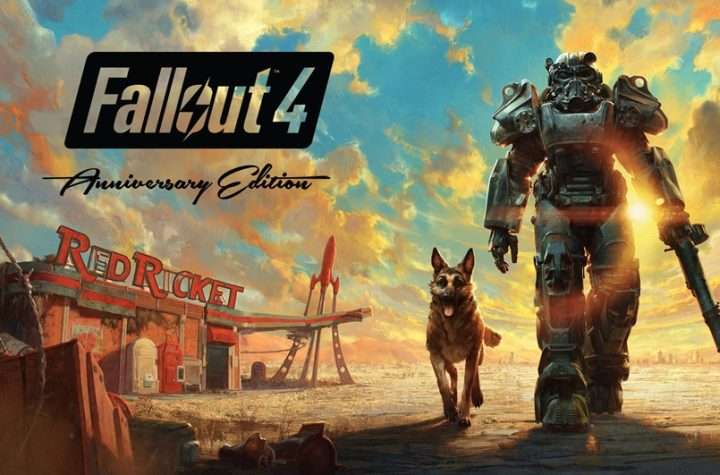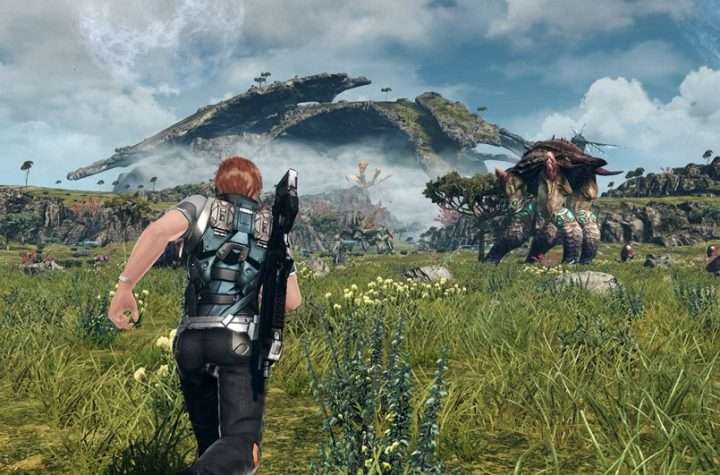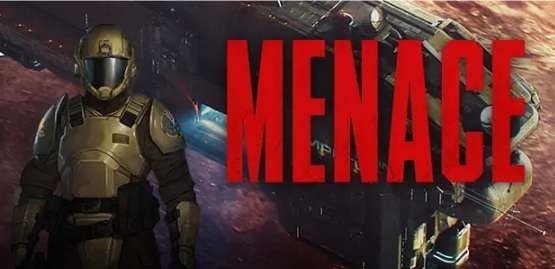If you enjoy puzzles, philosophy, and some platforming, then I have news for you! The famous Talos Principle now has a sequel. This title builds upon its predecessor and wastes no time with presenting you challenges. I think new comers and returning fans are going to be pleased. Having played for nearly 2 hours has made me excited to play more.
The game starts similarly to the original. We are introduced to the garden, hearing the voice of Elohim guiding us to partake in this simulation. The puzzles are not incredibly difficult but do pose some challenge. It was close to what I was expecting from a Talos Principle tutorial. However, things take a different turn. Instead of keeping us in the program, we are encouraged by the idea of a community of our people in New Jerusalem. We awake just like in the first game’s ascension ending and are immediately introduced to others like us. Dialogue is now available like in a Bethesda game, unlike the terminals form the original. NPCs are fully voiced, adding another layer of interaction. We even get a social media function called the Interface.

The thousand new humans who reside in New Jerusalem are just political as their ancestors. There are individuals who question the vision and Goal of the founder, Athena. We are K1, the last human to arrive. We have no established loyalty to the mayor of New Jerusalem, which makes the desire to explore a natural segway into this new reality. There are characters who are definitely not interested in the status quo, those who wish to maintain it, and those who align somewhere in between. Before long you may even be talking about your feelings about being the last human to be made, and the significance of being the last one. We see a variety of personalities.
I wonder if we may see a social impact made on New Jerusalem based on what we relay to people through the Interface. Not long after launching an expedition, we have the option of talking with Dodge (666) about our personal philosophy. One question asks whether we believe it is okay to lie sometimes. Another question asks if compassion or knowledge is more important. You may even start asking yourself some of these questions via introspection. I very much enjoy the deep thoughts brought out by the game.
The soundtrack and level design are incredibly well done. The puzzles tend to start off as an introduction or tutorial and then proceed to get harder. The pacing seemed good from my point of view. I believe that there are 8-10 puzzles per location. Each location is accessible through a bridge/portal and new areas can be approached after collecting enough energy rewards from solving the puzzles. The characters you travel with even comment how these tests are similar to the trials from Elohim. The best way I can describe how the sequel surpasses the original in the design is: there are just more things that draw you in and entice you by sheer curiosity.
There are no right or wrong answers, except for the puzzle solving. But I think overall The Talos Principle II is solid and I would rate it 10/10. I remember playing the original title nearly a decade ago and I loved it. I would say that this title is a worthy successor and even exceeds my expectations.
For more information, visit talosprinciple.com.
Related: Reviews by John Pruitt
I like to think of myself as the average Joe who grew up alongside video games. I have fun playing strategy games, RPGs, shooters, sandboxes, the whole shebang! Every game provides an experience whether it strikes you as profound, mundane, or someplace in between. I'd like to weigh in my two cents before you spend a single penny.





More Stories
GTA Online this Week Features Continued Lunar New Year Celebrations, Increased Sales for Street Dealers, Biker Bonuses, Plus More
MENACE Review for Steam Early Access
Styx: Blades Of Greed Review for PlayStation 5